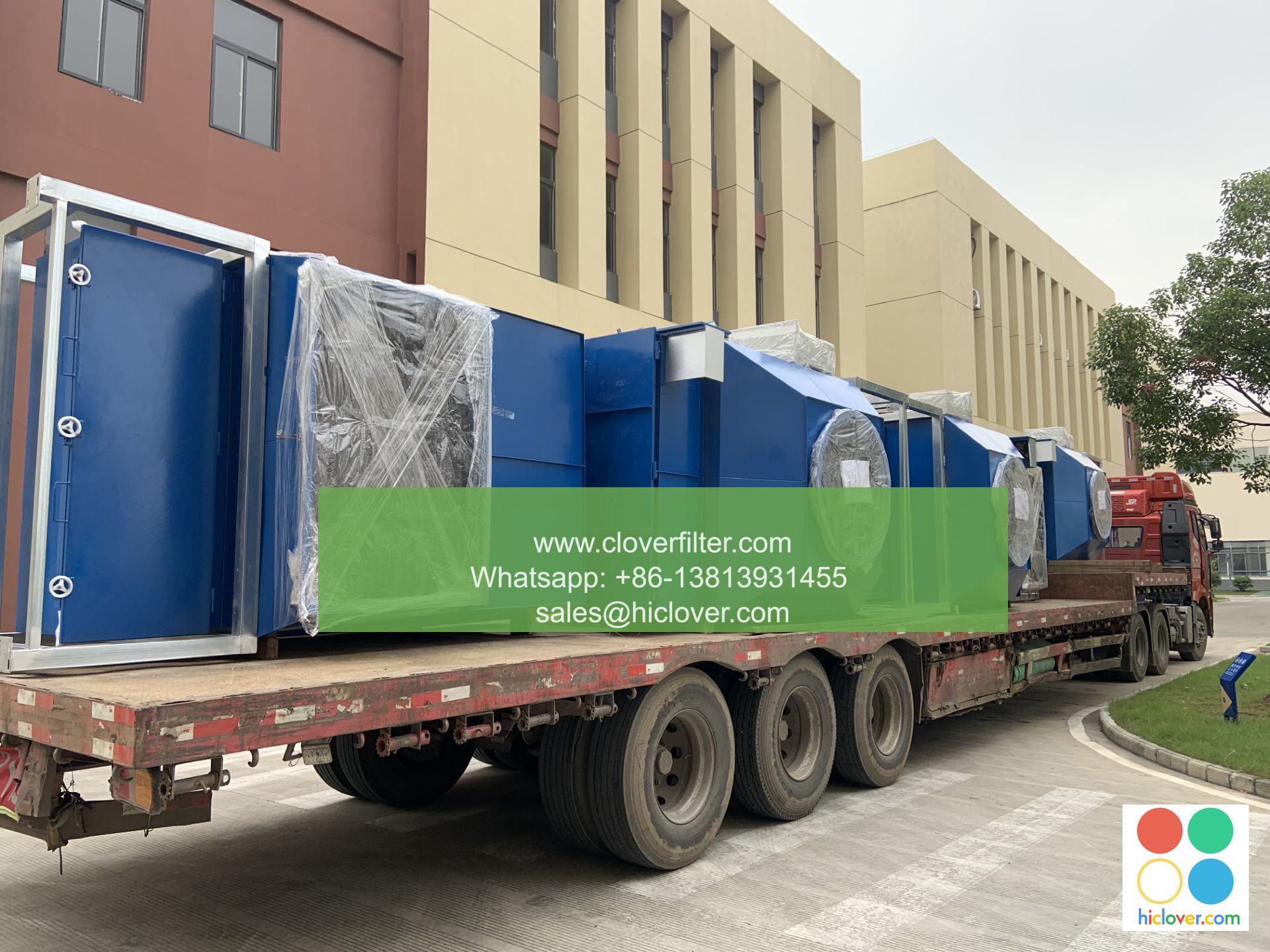Why Your Air Filter May Be More Important Than You Think

Why Your Air Filter May Be More Important Than You Think
The Importance of Air Quality
When it comes to maintaining a healthy and comfortable living or working space, there are many factors to consider. One often overlooked, yet crucial element is the humble air filter. While it may not be as glamorous as the latest smart speaker or sleek new smartphone, an air filter is essential for ensuring the air you breathe is clean and safe. In this article, we’ll explore the significance of air filters and how they can impact your daily life.
The Risks of Poor Air Quality
Poor indoor air quality can have severe consequences, including:
- Respiratory issues: Breathing in polluted air can exacerbate respiratory conditions such as asthma, bronchitis, and chronic obstructive pulmonary disease (COPD).
- Increased risk of allergies and sensitivities: Exposure to airborne allergens can trigger allergic reactions, skin irritations, and other issues.
- Infectious diseases: Poor air quality can spread airborne pathogens, making it easier for illnesses to spread.
- Reduced cognitive function: A dirty air filter can lead to decreased focus, fatigue, and reduced productivity.
- Commercial spaces: Offices, restaurants, and retail stores rely on air filters to maintain a healthy and comfortable environment for employees and customers.
- Healthcare: Hospitals and medical facilities require HEPA (High Efficiency Particulate Air)-grade air filters to reduce the risk of infection transmission.
- Industries: Factories, workshops, and other industrial settings often need air filters to remove particulate matter, chemicals, and other contaminants from the air.
- Automotive: Cars, trucks, and other vehicles equipped with high-quality air filters can reduce respiratory issues, improve fuel efficiency, and extend the life of the engine.
- HEPA filters: Effective against 99.97% of particles as small as 0.3 microns, including dust, pollen, smoke, and other allergens.
- Activated carbon filters: Ideal for removing gases, odors, and volatile organic compounds (VOCs).
- Ionizers: Use electrical charges to attract and trap particles, often used in air purifiers and air conditioners.
- Mechanical filters: Designed for heavy-duty industrial applications, these filters capture large particulate matter, such as dust, sand, and other debris.
- Replace regularly: Check manufacturer recommendations and replace filters according to schedule or as needed.
- Clean and maintain: Clean away dust and debris regularly to prevent clogs and ensure optimal air flow.
- Choose the right filter: Select a filter suitable for your specific needs and environment.
- Inspect and maintain: Regularly inspect your filter for signs of damage, damage, or wear, and replace as necessary.
Applications of Air Filters
Air filters are not just limited to residential usage. They have numerous applications in various industries, including:
Types of Air Filters
There are various types of air filters available, each designed for specific uses and applications:
Maintaining Your Air Filter
To ensure your air filter is doing its job, follow these best practices:
Conclusion
Don’t underestimate the importance of air filters! By choosing the right filter for your needs, maintaining regular cleaning and replacement, and staying aware of the risks associated with poor air quality, you can ensure a healthier, more comfortable, and more productive living or working space. Remember, a simple air filter can make a significant difference in your daily life.
It seems like you’re ready to start our conversation! I’m here to help with any questions or topics you’d like to discuss. What’s on your mind? Would you like to explore a specific subject, or would you like me to suggest some prompts to get us started?


